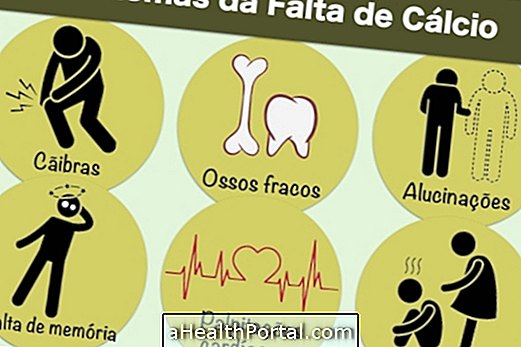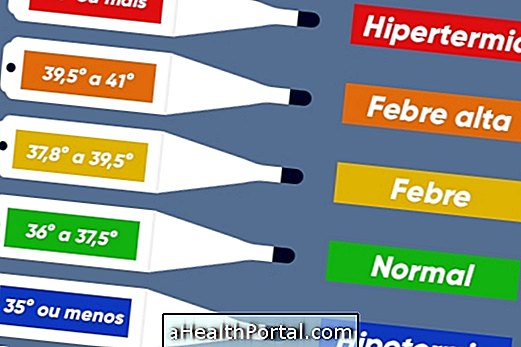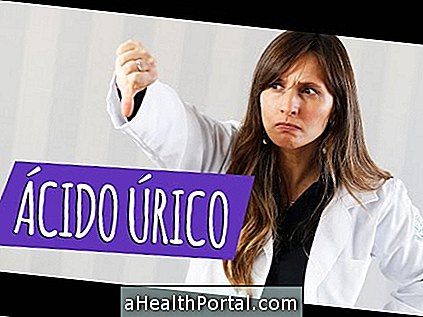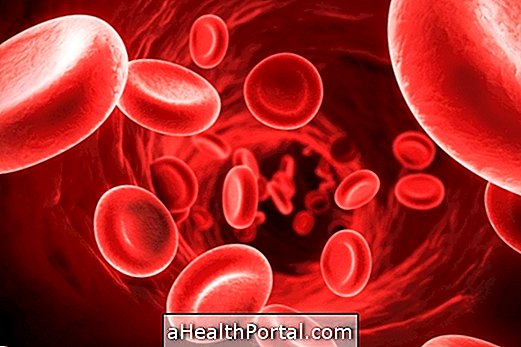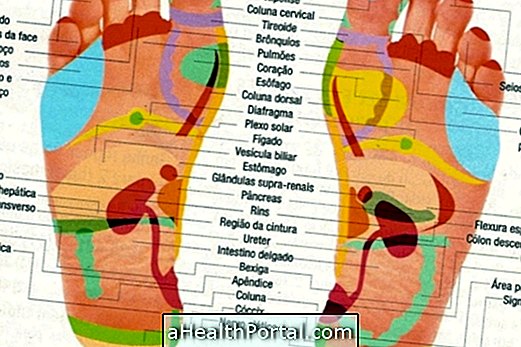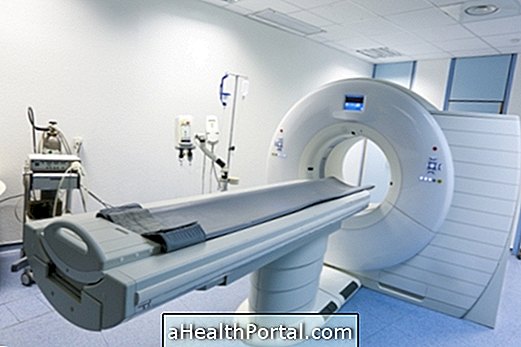Overdose occurs when an overdose of a drug or medication is used, which can cause serious problems, especially at the respiratory level, which may result in difficulty breathing and accumulation of fluid in the lungs, which stops breathing and can lead to death .
However, the symptoms may vary depending on the type of drug, how it was used and whether or not there was a mixture of other drugs. Regardless, whenever there is suspicion that someone is having an overdose it is very important to immediately call for medical help or to take the person to the hospital, initiating overdose treatment as soon as possible.
See what to do in case of overdose and how the treatment is done.

1. Overdose by depressant drugs
Depressive drugs are those that decrease the activity of the nervous system. Some of the most commonly used and therefore cause more cases of overdose include heroin, alcohol, morphine or methadone, for example. In addition, barbiturate medications such as fentanyl, antiepileptics or sleeping pills are also part of this group.
When using this type of drugs, it is possible that an overdose is accompanied by symptoms such as:
- Shortness of breath or difficulty in breathing;
- Snoring or breathing with pimples, indicating that something is blocking the lungs;
- Bluish lips and fingertips;
- Arms and legs soft and without strength;
- Disorientation;
- Decreased heart rate;
- Fainting, no response when trying to move and wake the victim.
Even if an overdose is identified in time to seek medical help, overuse of these drugs and overdose can cause permanent damage to the brain.
2. Overdose by stimulant drugs
Unlike depressant drugs, stimulants are responsible for increasing the functioning of the nervous system, causing stimulation and excitement. Some examples are cocaine, crack, marijuana, LSD, ecstasy, amphetamines or medicines used to reduce appetite.
The most common symptoms of overdose caused by these drugs are:
- Chest pain;
- Mental confusion;
- Strong headache;
- Convulsions;
- Fever;
- Difficulty breathing;
- Agitation, paranoia, hallucinations;
- Loss of consciousness.
In addition, it is important to remember that using multiple drugs at the same time and not eating well increases the risk of overdose and death.
3. Overdose by Remedies
Although most over-the-counter medicines, such as Paracetamol or Ibuprofen, are relatively safe to use without constant medical supervision, they can also cause overdose. Therefore, it is very important to have at least a prior medical advice on what dose to use, especially in the case of children.
One of the most common cases is overdose by Paracetamol that tends to be made by people who attempt suicide. This type of medication causes serious liver damage when used in doses higher than indicated and therefore, the most frequent symptoms include:
- Severe pain in the upper right side of the belly;
- Nausea and vomiting;
- Severe dizziness;
- Convulsions;
- Fainting.
Depending on the dose used for the overdose, the symptoms may take up to 2 or 3 days to appear, however, the lesions develop in the liver from ingestion of the medication. Thus, whenever an accidental upper dose is ingested, one should go to the hospital, even if there are no symptoms.




